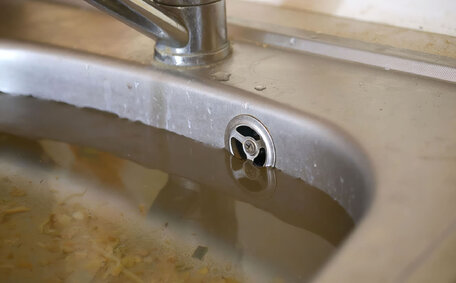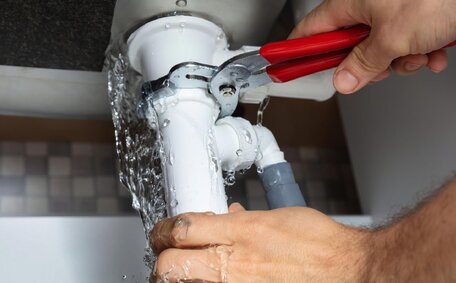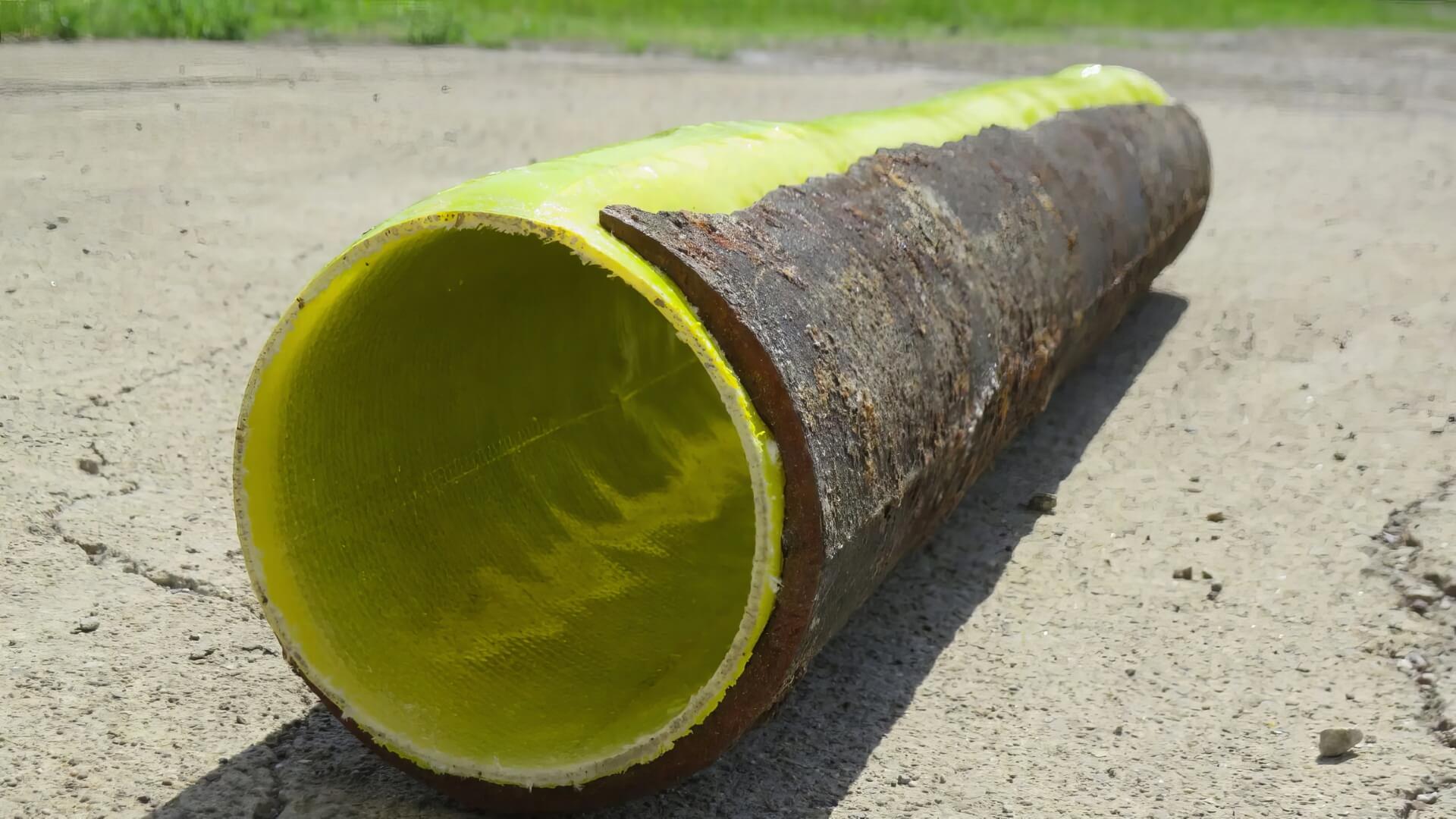How Temperature and Climate Affect Hot Water System Performance
The energy consumption and efficiency of hot water systems can vary greatly depending on the climate and ambient air temperature. In colder environments, more energy is required to heat water due to lower ground and air temperatures. This means hot water systems in cold climates often have higher running costs and energy usage.
In temperate Australian regions and New Zealand, heat pump and solar hot water systems are notably more energy-efficient, harnessing sustainable heat from the surroundings and sunlight. Yet, in conditions requiring lower energy consumption, the efficiency of heat pumps may be compromised. Solar systems can also produce less energy in winter when sunlight hours are fewer.
No matter the climate, proper maintenance like flushing out sediment, replacing anode rods and insulating pipes helps hot water systems run efficiently for longer. With proper care, even in colder regions, well-maintained solar and gas hot water systems can efficiently contribute to more than 60% of a household’s hot water usage.
Understanding the Carbon Footprint of Different Hot Water Systems
A gas hot water system’s carbon footprint pertains to the amount of greenhouse gas emissions discharged throughout its operational existence. This figure takes into account greenhouse gas emissions produced during manufacturing, operation, and disposal.
Electric water heaters with heat pump technology often have a higher carbon footprint, attributed to the reliance on fossil-fuel-dependent electricity from power plants. Electric water heaters can account for up to 35% of household energy consumption, potentially causing over 2 tonnes of CO2 emissions annually, a stark contrast to heat pump and solar alternatives.
In contrast, solar hot water systems can result in 80-90% fewer emissions than electric hot water systems. Electric heat pumps use electricity to actively heat air and extract its warmth to efficiently elevate water temperatures. Electric hot high-efficiency models powered by renewable energy make them an exceptionally low-carbon option.
Solar thermal systems, although more expensive upfront, along with electric hot water solutions that utilise renewable energy, can displace a significant portion of conventional water heating powered by natural gas.
Despite the higher initial costs, the long-term environmental and economic advantages of heat pumps and solar water heaters make them compelling options. Technological advances, financial incentives, and shifting energy costs have made low-emission hot water solutions increasingly appealing to households.
Key Factors that Impact Efficiency
Several factors influence the efficiency of different hot water systems:
- Water heater model and type - Modern pump water heaters offer enhanced energy efficiency, which contributes to energy conservation and the potential for lower utility bills. For an energy-efficient choice, evaluate how heat pump and solar water heaters, known for their efficiency, align with your water usage needs.
- Water quality and mineral content - Hard water with high mineral content can lead to scale buildup and reduce efficiency over time. Water treatment or regular flushing can help.
- Installation location - Locating the water heater close to water outlets shortens pipe runs and reduces heat loss. Outdoor units may also lose some efficiency depending on how they operate in different conditions.
- Insulation - Ensure hot water pipes and storage water tanks are properly insulated to minimise standby heat losses.
- Local climate and temperatures - Colder regions require more energy to heat water. Solar heaters also produce less energy in winter or cloudy weather.
- Usage patterns - Frequent small draws of hot water increase hot water usage and reduce efficiency compared to fewer large draws. Adjusting usage patterns can help reduce energy consumption and optimise efficiency.
While we have no control over water chemistry and regional climate, Newtown Plumbing selects energy-efficient pump hot water systems that perform well under local conditions. Proper sizing, insulation and regular maintenance also helps maximise efficiency for the lifetime of your hot water system.
Optimizing Operations and Maintenance
Homeowners can adopt several best practices to enhance hot water system efficiency and lessen environmental impact:
- Flush out sediment buildup - Annual flushing removes mineral deposits and sediment, improving heat transfer and efficiency while also prolonging system life.
- Inspect and replace anode rods - Checking anode rod condition helps prevent corrosion in tanks. Replacing spent rods every 5 years maintains efficiency.
- Insulate hot water pipes and tanks - Properly insulating with R-6 to R-8 pipe wrap and tank blankets minimises standby heat losses by 25-45%.
- Lower the thermostat - Reducing water heater your home’s temperature from 60°C to 50°C cuts standby losses by up to 10%. Prioritise raising the temperature during peak water usage times.
- Service heat pumps annually for optimal performance and a potential reduction in carbon emissions of 0.5 tonnes per year.
- Check for leaks - Identify and repair minor leaks which waste water and energy. Avoid drips of 1 per second which can waste 500 litres monthly.
Leveraging these optimisation practices assists not only in the smooth running of your new hot water systems but also helps shift usage away from peak electricity times, trimming both energy bills and carbon emissions by up to 20 percent annually.
Choosing the Right System for Your Climate and Location
When selecting energy systems for hot water in Newtown, Sydney, it’s important to consider local climate patterns and the energy requirements. Sydney experiences warm, humid summers and mild winters. Average temperatures range from a high of 26°C in summer to a low of 8°C in winter.
In Newtown’s climate, heat pump and solar hot water systems tend to be the most efficient choices. Heat pumps extract free heat from the air, making them well-suited to Sydney’s warm humid conditions. They can achieve efficiencies over 300% by leveraging renewable thermal energy in the atmosphere.
Solar hot water performance? In locations like the United States with similar sun exposure to Sydney, which receives an average of 7-8 hours of sunshine per day, solar thermal systems with gas or electric boosting can consistently meet a significant portion of household hot water needs. Solar also has a long life and ultra-low running costs after installation.
It’s important to size your solar or heat pump hot water system to meet demand.
For a household of 3-4 individuals, a water tank should have a minimum capacity of 270 litres. Larger families may require more than one linked systems with 400+ litre combined capacity. Correctly sizing the water system to how it suits your lifestyle can ensure efficiency and comfort while preventing wasteful reheat cycles.
While heat pumps and solar hot water are savvy choices for Newtown’s climate, considering the upfront cost against the potential for using less electricity and reducing your energy bill in the long term is advisable.
Alternatively, a solar hot water system can offer a sustainable long-term investment for those looking beyond an immediate budget. Our team is ready to match your system’s setup with budget-friendly goals and energy bill reduction, showing the effective use of sustainable options.
Leveraging Renewable Energy Sources
Transitioning to more sustainable energy sources for hot water heating brings considerable environmental and cost benefits. Solar hot water and heat pump systems allow households to tap into clean, free thermal energy while avoiding fossil fuel use.
Contemporary tankless water heater units can fulfill 60-100% of an average home’s hot water needs with renewable energy, significantly reducing electricity and gas use. Tankless continuous flow water heaters enhance this process through roof panels that absorb and utilise solar energy, circulating heated fluid. Such solar pre-heating reduces the need for additional heating, thereby lowering electricity and gas consumption.
Heat pumps also engage the renewable thermal energy source naturally occurring in the air. Combining heat pump technology with solar hot advancements, their efficiency exceeds 300% by generating more warmth per unit of electricity, aligning with efforts to mitigate climate change. This is much greener compared to electric hot water heating by resistance.
Integrating solar PV panels enables households to utilise heat pump solar hot water heaters, significantly cutting fossil fuel dependence. During the day, the solar PV system generates green electricity to power the heat pump, shifting to grid electricity when solar output declines at night. This strategy maximises the use of self-generated solar energy.
While renewable hot water systems involve greater upfront investment, government rebates combined with long-term savings on energy bills make the payback period quite short. Lowering energy costs and reducing one’s carbon footprint are added incentives for households to leverage renewable technology for water heating.
Government Rebates for Eco-Friendly Upgrades
Switching to an energy-efficient or renewable hot water system can pay dividends through government rebates and incentives aimed at encouraging uptake of greener technologies.
Households in New South Wales could be eligible for substantial deductions on the installation costs of new solar hot water or heat pump systems, thanks to NSW Government incentives.
There is also a range of Commonwealth renewable energy incentives, including upfront discounts on the solar hot water system under the Solar Hot Water Rebate. Rebates start from $1,000 for gas-boosted solar systems and $2,500 for heat pump or PV-connected electric systems, showcasing how a heater can attract financial incentives. Low income earners may receive higher rebates.
We encourage readers to contact our team at jobs@newtownplumbingservices.com.au or 1300 349 338 for advice on selecting an efficient hot water system for your home and details regarding the latest government rebates. Our experts stay up-to-date on all programmes, ensuring you receive the most current and more information about incentives available when installing a new heater for your home.
How to Make the Most of Your Existing Hot Water System
There are various ways to enhance the efficiency and longevity of your current hot water system without needing a complete replacement:
- Insulate your hot water heater and pipes with proper insulation like pipe wrap and tank blankets. Such insulation can enhance your system’s efficiency, substantially decreasing standby heat loss by 25-45%.
- Lower the thermostat temperature to 50-60°C if possible. This helps to save money your energy bills by reducing wasted heat while still providing sufficient hot water.
- Install water-saving showerheads and tap aerators. By managing hot water usage, you can conserve energy and minimise system wear.
- Service your heat pump water systems annually. Setting them to optimal performance can help save money on your utilities and cut 0.5 tonnes of CO2 emissions every year.
- Flush out sediment and check anode rods every 2-5 years. This removes mineral buildup and corrosion, boosting efficiency.
- A system uses more energy during standby times if it’s oversized.
As water heating accounts for up to 35% of home energy use, Employ these practical tips to enhance your system’s efficiency, which can result in reduced energy expenditure and emissions. When considering upgrades, we’re here to advise on which best energy-efficient option for your household, whether it be solar, heat pump, or gas.






